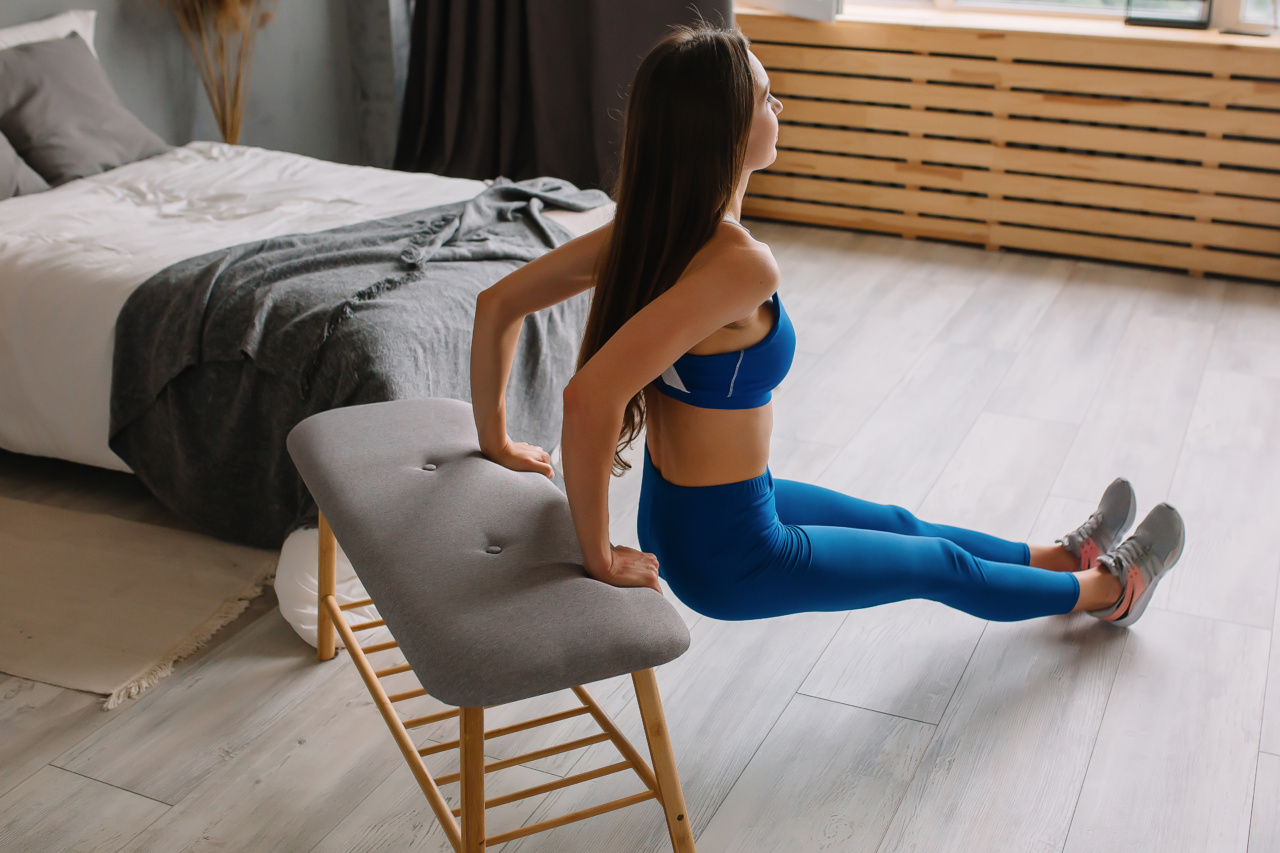Menopause can be a difficult time in a woman’s life, with many physical and emotional symptoms to contend with.
However, research has shown that exercise can help to alleviate some of these symptoms, including hot flashes, mood swings, and weight gain.
How Does Exercise Help?
When you exercise, your body releases endorphins, the “feel-good” hormones that can improve your mood and even reduce pain. Exercise also releases hormones that can help to regulate your menstrual cycle and balance your hormones.
Regular exercise has been shown to decrease the severity of hot flashes and night sweats, both of which are common symptoms of menopause.
Exercise can also help to improve sleep, increase bone density, and reduce your risk of heart disease and other health problems.
The 8-Hour Workout
The 8-hour workout is a comprehensive exercise regimen that can help to alleviate menopause symptoms and improve overall health. The workout is broken down into three components: strength training, cardiovascular exercise, and stretching.
Strength Training
Strength training is important for maintaining muscle mass and strength, which can help to prevent falls and fractures. It also increases metabolism, which can help to prevent weight gain during menopause.
The recommended strength training exercises include:.
- Squats
- Lunges
- Chest press
- Overhead press
- Bicep curls
- Tricep extensions
- Abdominal crunches
- Planks
Perform three sets of each exercise, with 12-15 repetitions per set. Use a weight that is challenging but not too heavy.
Cardiovascular Exercise
Cardiovascular exercise is important for improving heart health, increasing stamina, and burning calories. The recommended cardiovascular exercises include:.
- Brisk walking
- Running
- Biking
- Swimming
- Aerobics
Perform 30-60 minutes of cardiovascular exercise per day, at least five days per week. Vary the type and intensity of your exercise to prevent boredom and challenge your body.
Stretching
Stretching is important for maintaining flexibility and preventing injury. The recommended stretches include:.
- Hamstring stretch
- Quad stretch
- Calf stretch
- Shoulder stretch
- Chest stretch
- Tricep stretch
- Neck stretch
Perform each stretch for 20-30 seconds, and repeat each stretch two to three times.
Other Tips for Managing Menopause Symptoms
In addition to exercise, there are other lifestyle changes that can help to alleviate menopause symptoms. These include:.
- Eating a healthy diet that includes plenty of fruits, vegetables, whole grains, and lean protein
- Limiting caffeine, alcohol, and spicy foods, which can trigger hot flashes
- Getting enough sleep, aiming for seven to eight hours per night
- Maintaining a healthy weight
- Quitting smoking
Conclusion
Menopause can be a challenging time, but exercise can help to alleviate some of the physical and emotional symptoms. The 8-hour workout is a comprehensive exercise regimen that includes strength training, cardiovascular exercise, and stretching.
In addition to exercise, making lifestyle changes such as eating a healthy diet and getting enough sleep can also help to manage menopause symptoms.





























